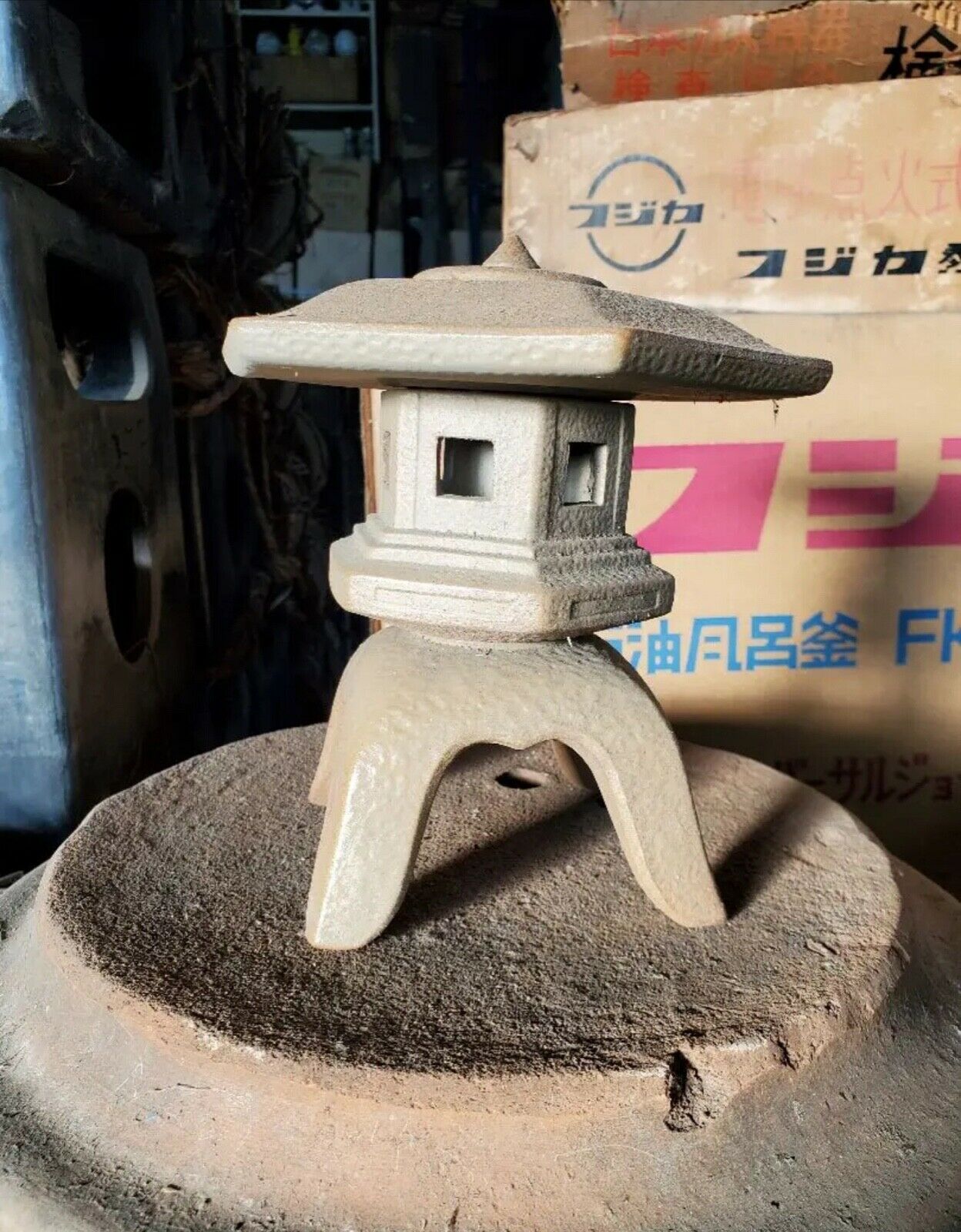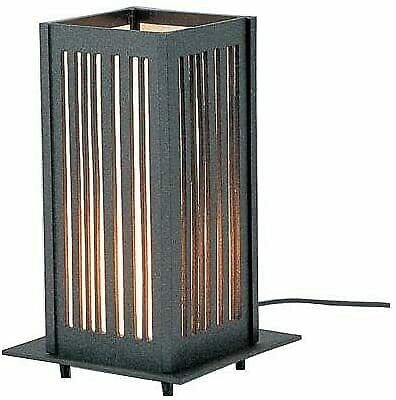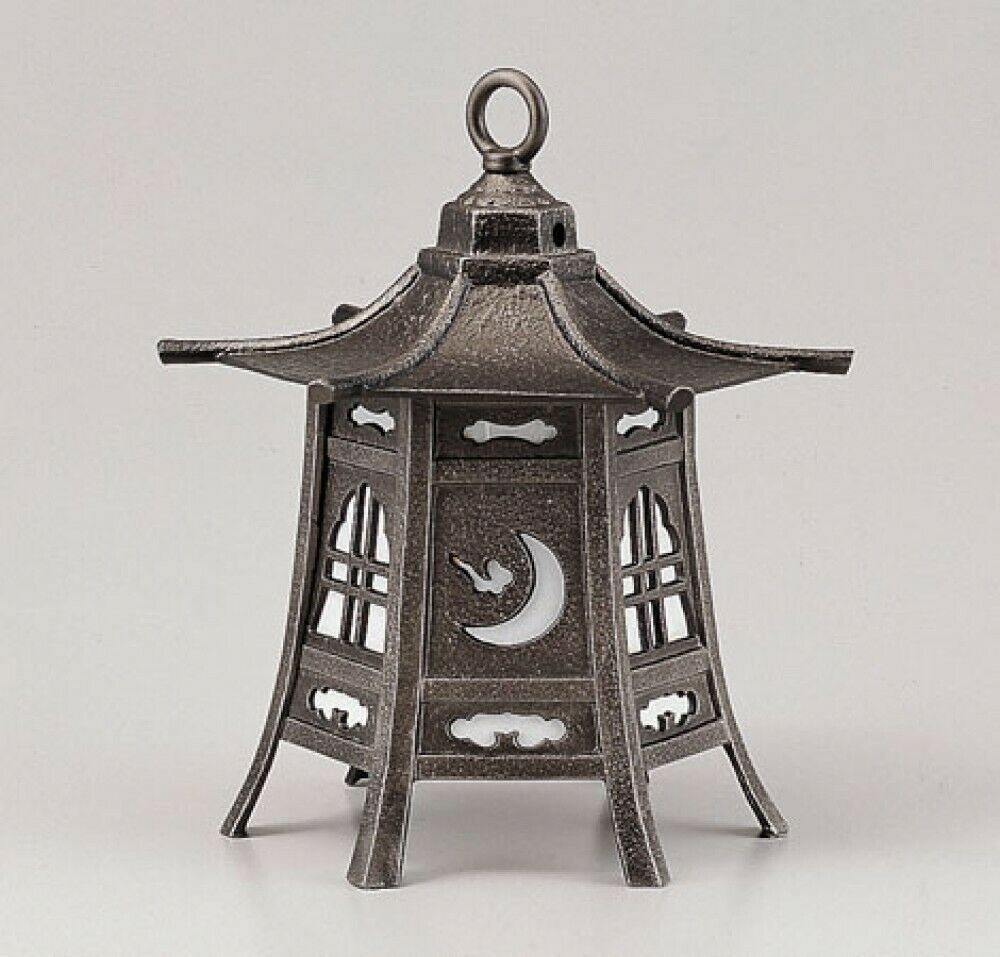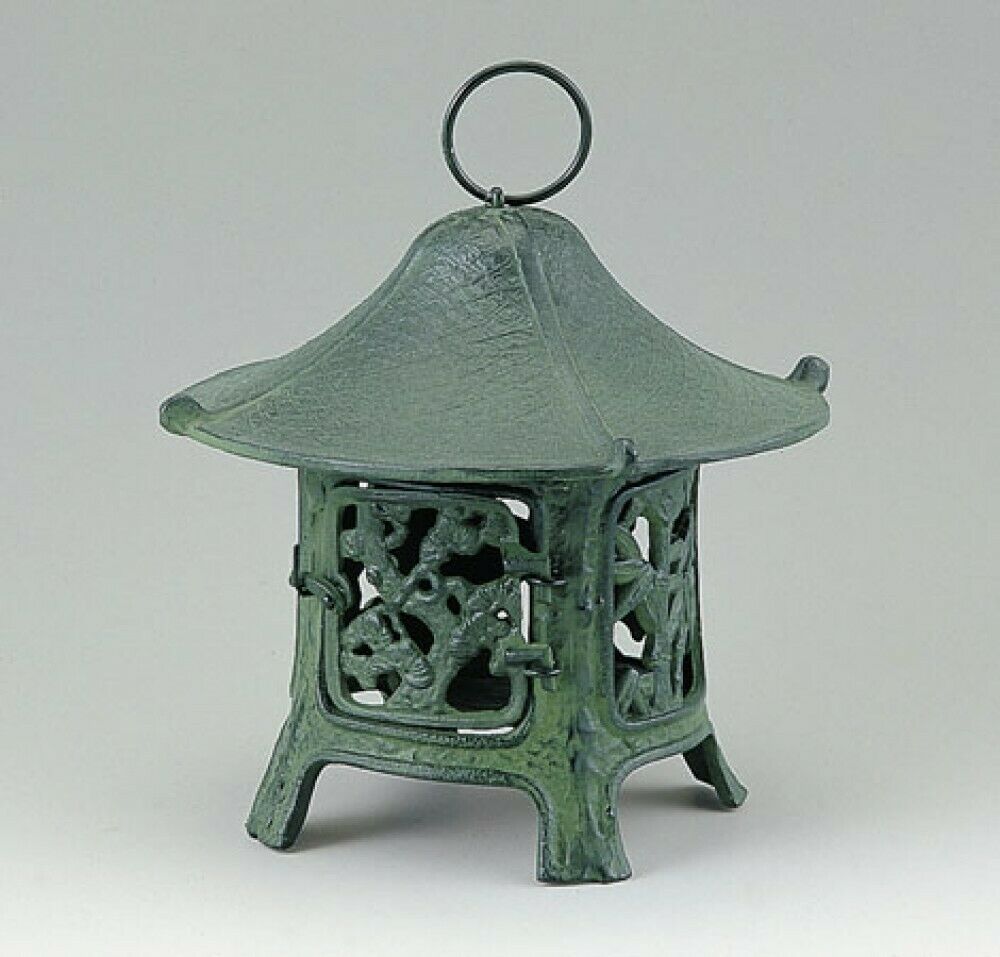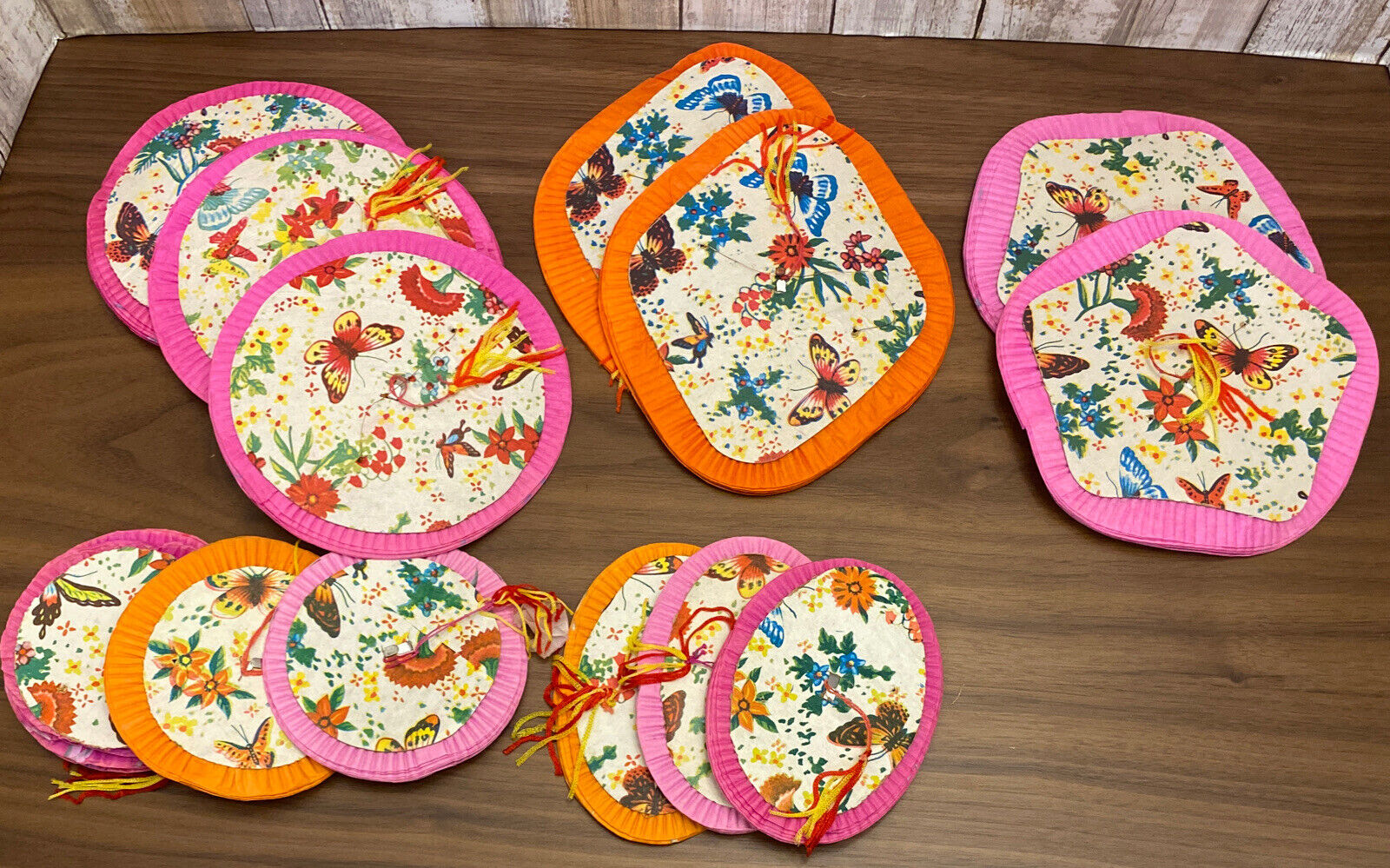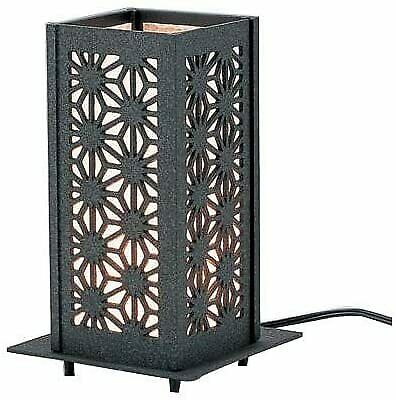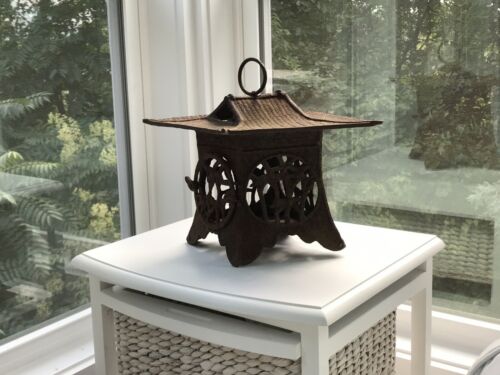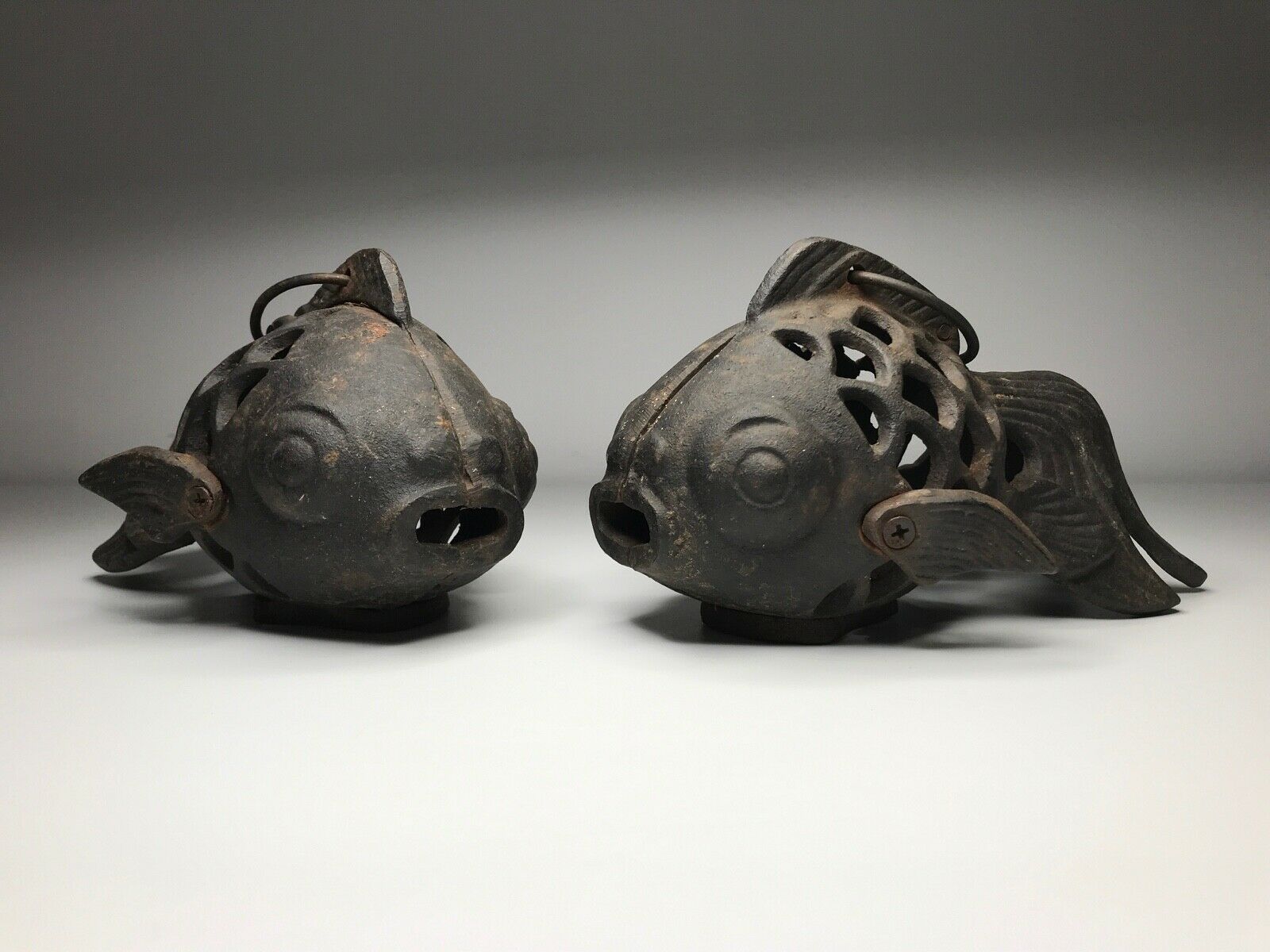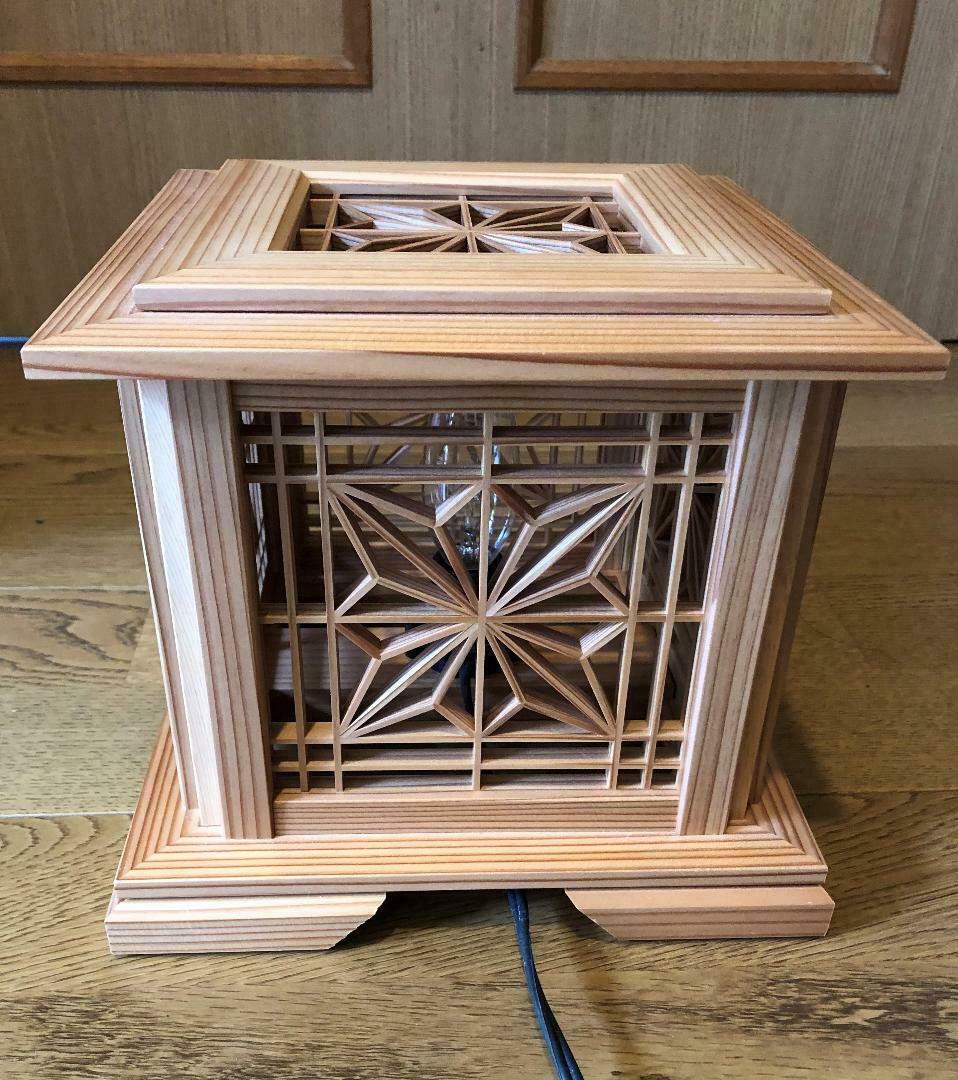-40%
Japanese garden lantern candle holder toro for zen Buddhist ceramic asian bonsai
$ 68.64
- Description
- Size Guide
Description
Japanese garden lanternDescription
Reference movie:
https://youtu.be/kff7GsbagQo
It is a lantern for ceramic products.
Height:16cm(6inch)
Actually put a candle etc. inside
You can also use it.
As part of the Japanese interior
How is it?
In Japan, a tōrō (lantern or lantern, light basket, light tower) is a traditional lantern made of stone, wood, or metal. Like many other elements of Japanese traditional architecture, it originated in China; where they can still Be found in Buddhist temples and Chinese gardens. They are not as common in Korea as they are in China or Japan. In Japan, tōrō were originally used only in Buddhist temples, where they lined and illuminated paths. Lit lanterns were then considered an offering to Buddha.Their use in Shinto shrines and also private homes started during the Heian period (794–1185).
The oldest extant bronze and stone lanterns can be found in Nara. Taima-dera has a stone lantern built during the Nara period, while Kasuga-taisha has one of the following Heian period. In modern gardens they have a purely ornamental function and are laid along paths, near water, or next to a building. lanterns were popularized by tea masters, who used them as garden ornaments.
Tōrō can be classified in two main types, the tsuri-dōrō (fishing lanterns, scratching lanterns, lit. Hanging lanterns), which usually hang from the eaves of a roof, and the dai-dōrō (pedestal lanterns, lit. platform lamp) used in gardens and along the approach (sandō) of a shrine or temple. The two most common types of dai-dōrō are the bronze lantern and the stone lantern, which look like hanging lanterns laid to rest on a pedestal.
In its complete, original form (some of its elements may be either missing or additions), like the gorintō and the pagoda the dai-dōrō represents the five elements of Buddhist cosmology.The bottom-most piece, touching the ground, represents chi, the earth; the next section represents sui, or water; ka or fire, is represented by the section encasing the lantern's light or flame, while fū (air) and kū (void or spirit) are represented by the last two sections, top- Most and pointing towards the sky. The segments express the idea that after death our physical bodies will go back to their original, elemental form.
Payment
PAYPAL Only(Please pay within 3days after auction is finished)
Shipping
Worldwide Shipping
Economy Shipping?International e packet
Delivery Time:
approximate 7-21days(To USA)
14-21days(To Europe)
With Tracking Number & NO Insurance
International
Import duties, taxes, and charges are not included in the item price or shipping cost. These charges are the buyer's responsibility. Please check with your country's customs office to determine what these additional costs will be prior to bidding or buying.
